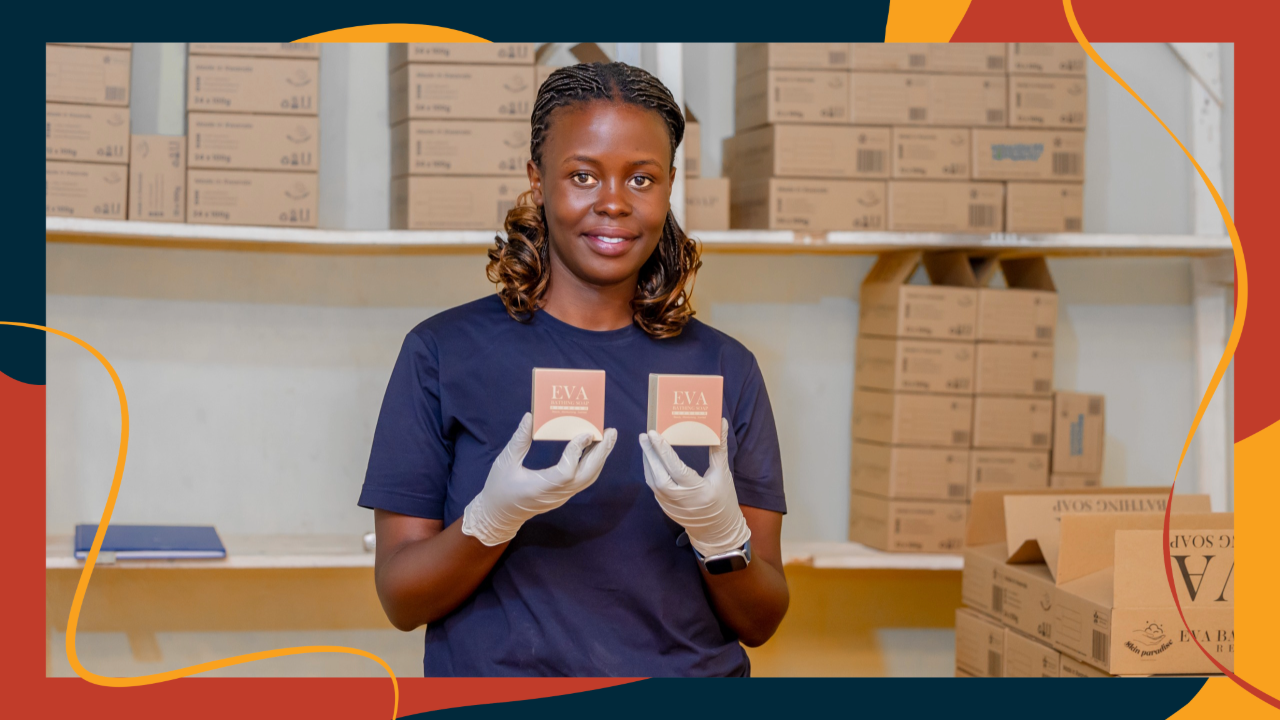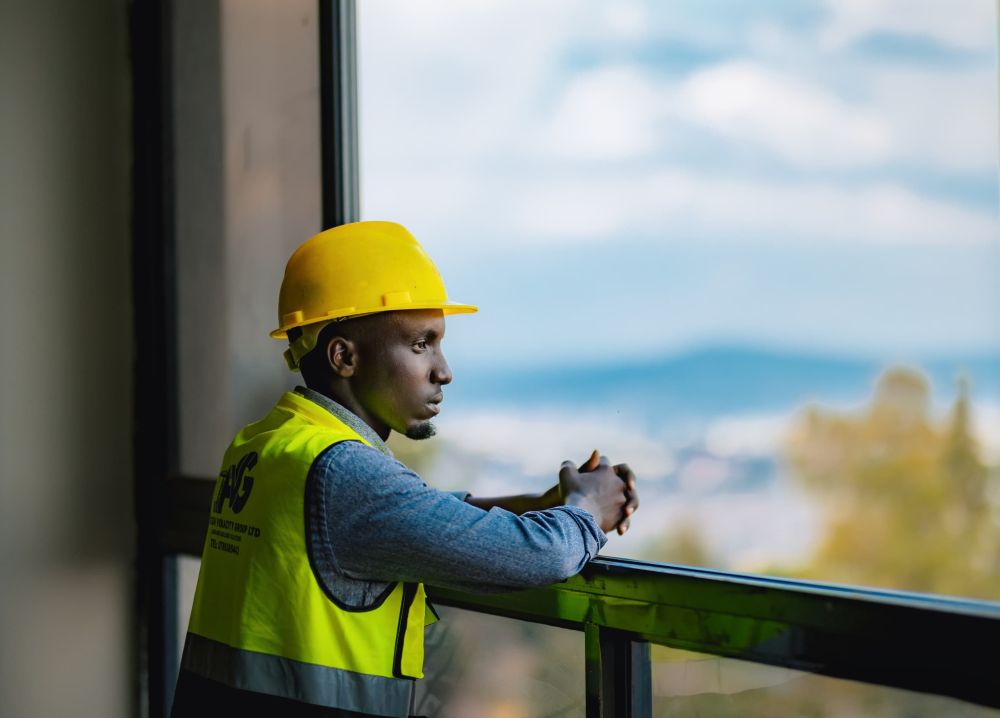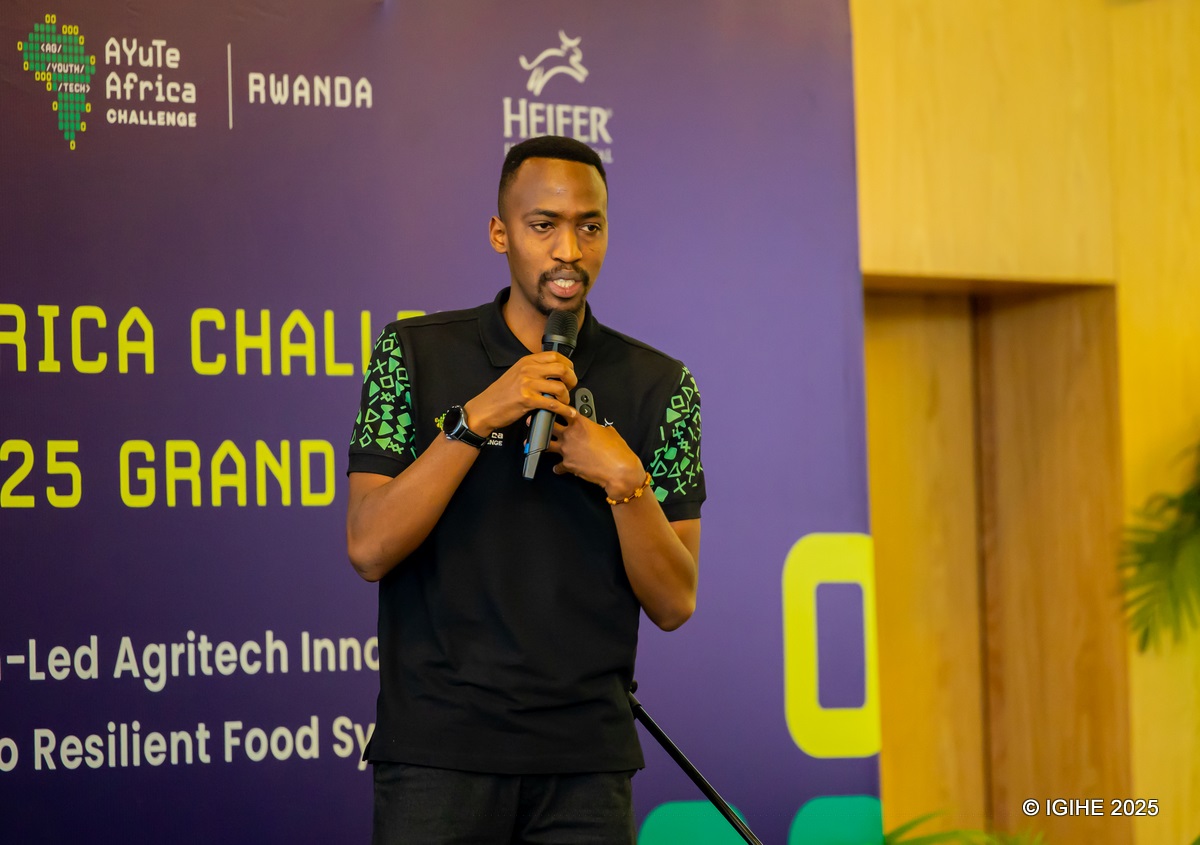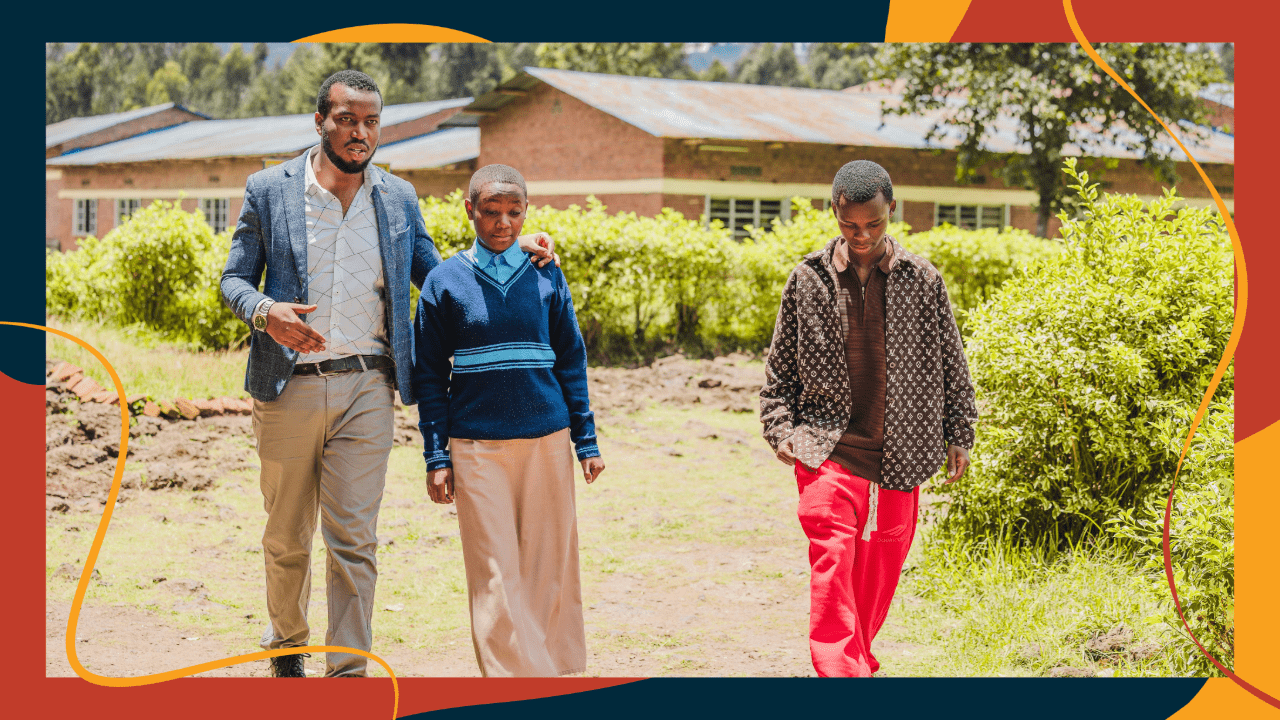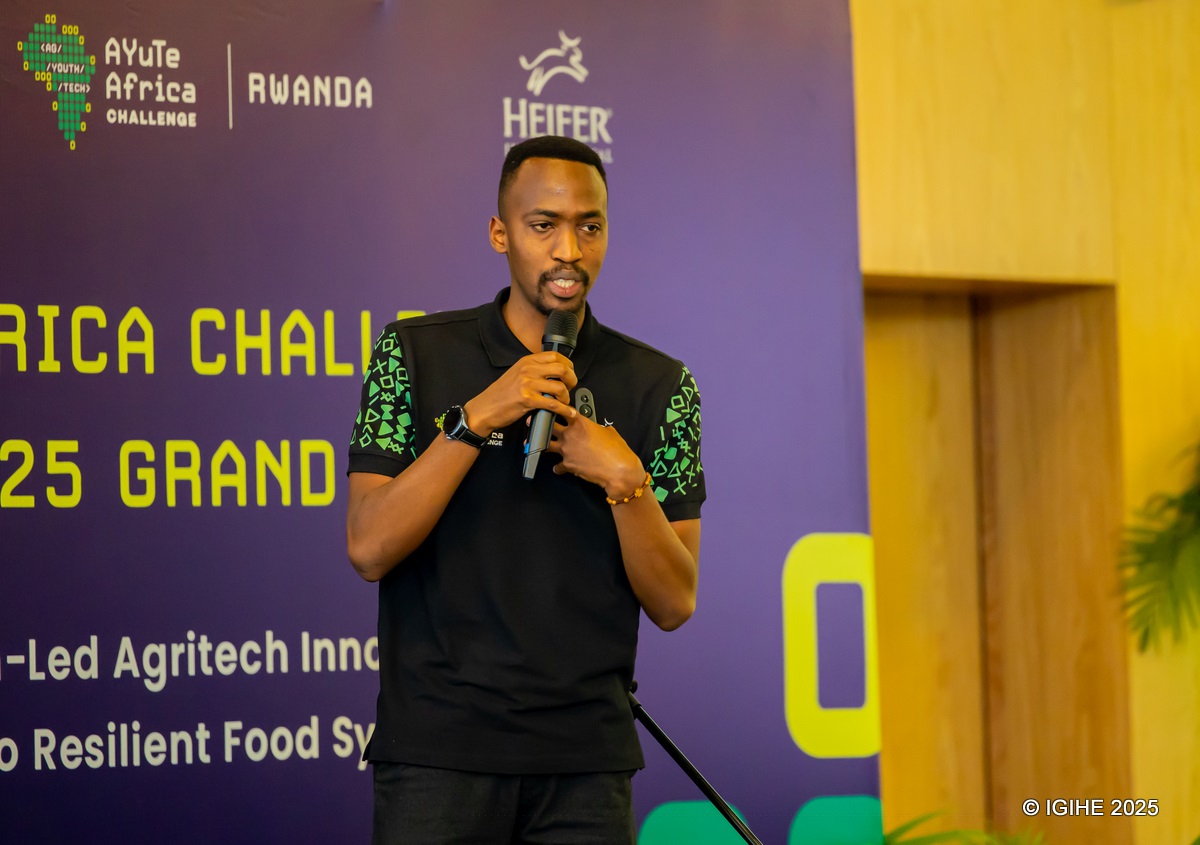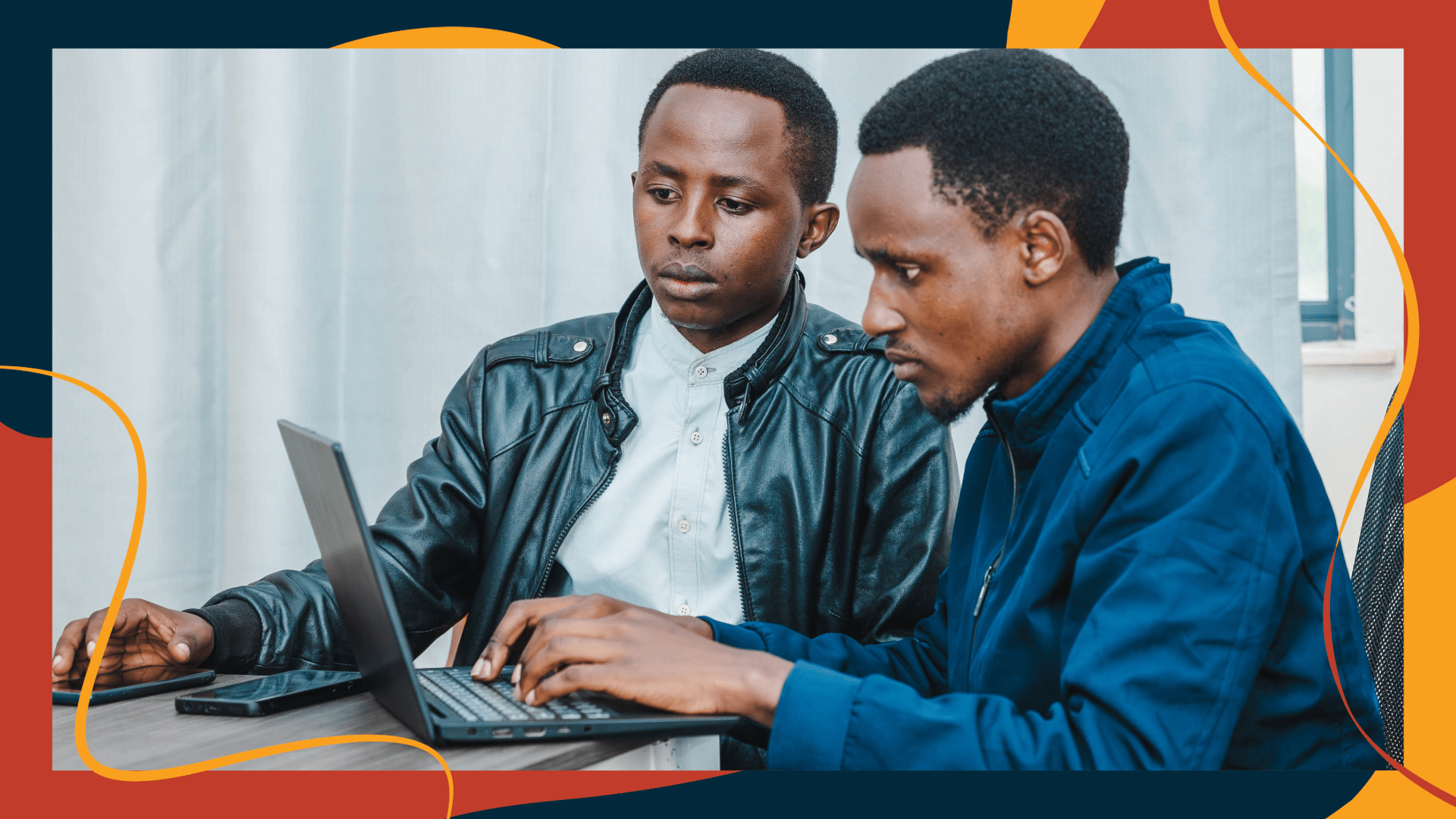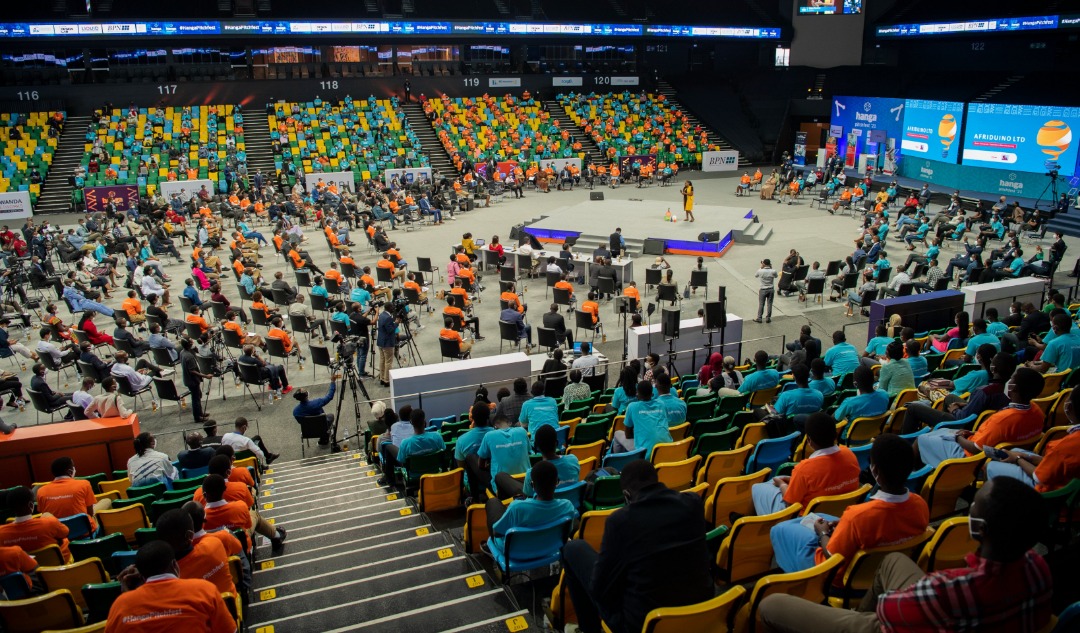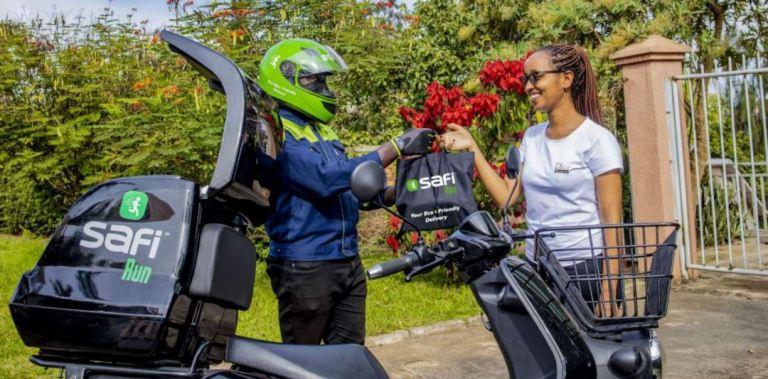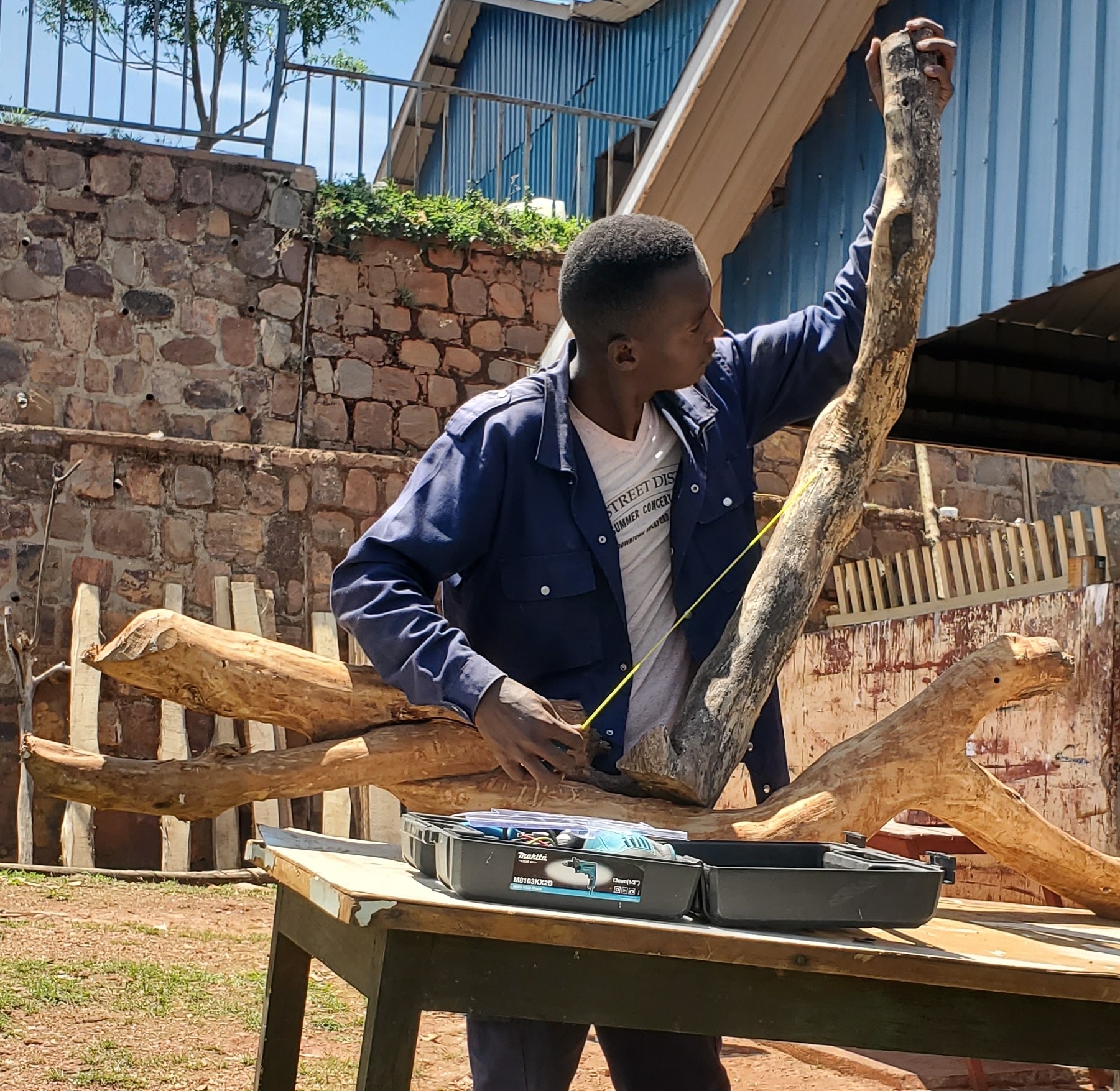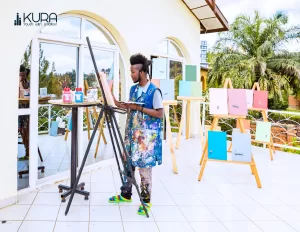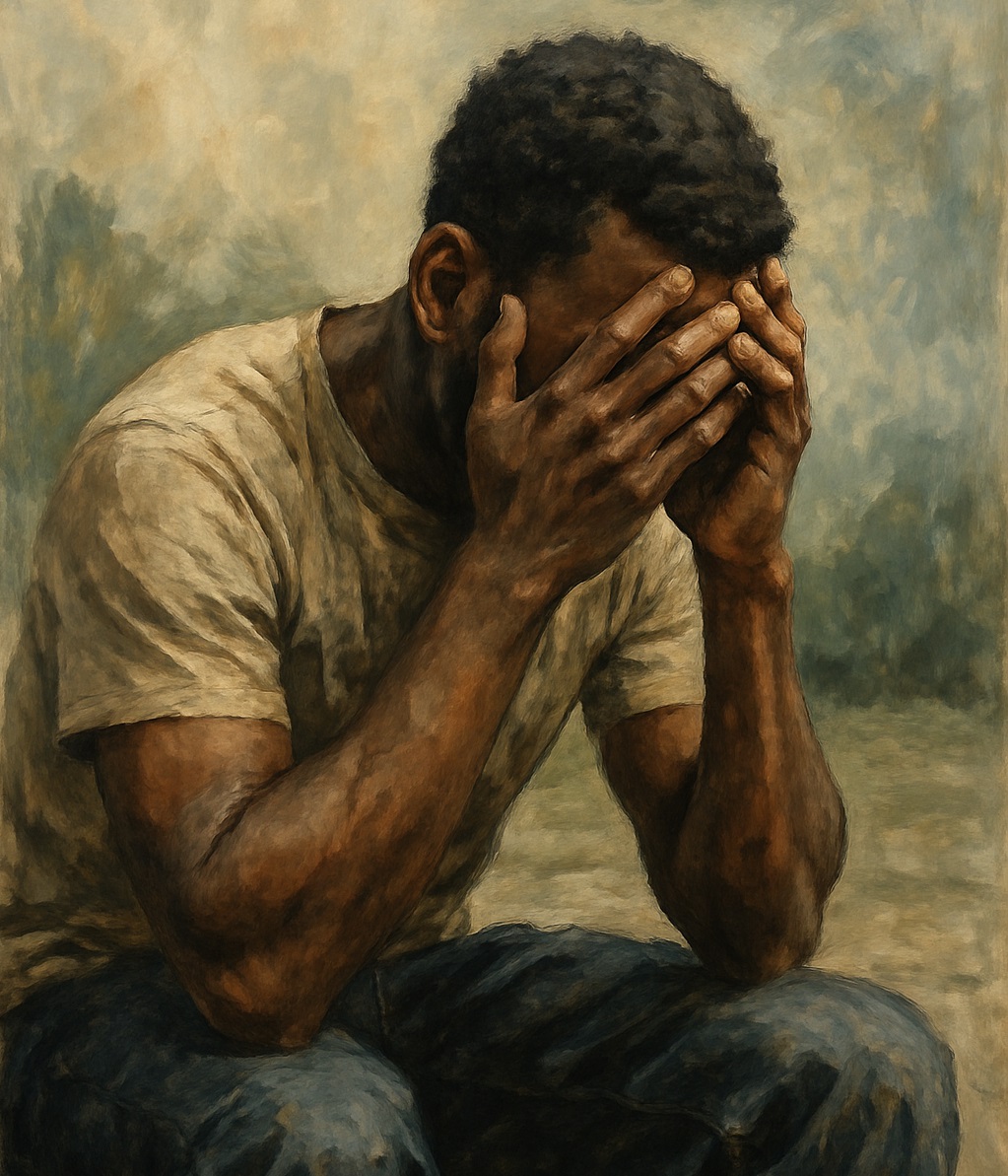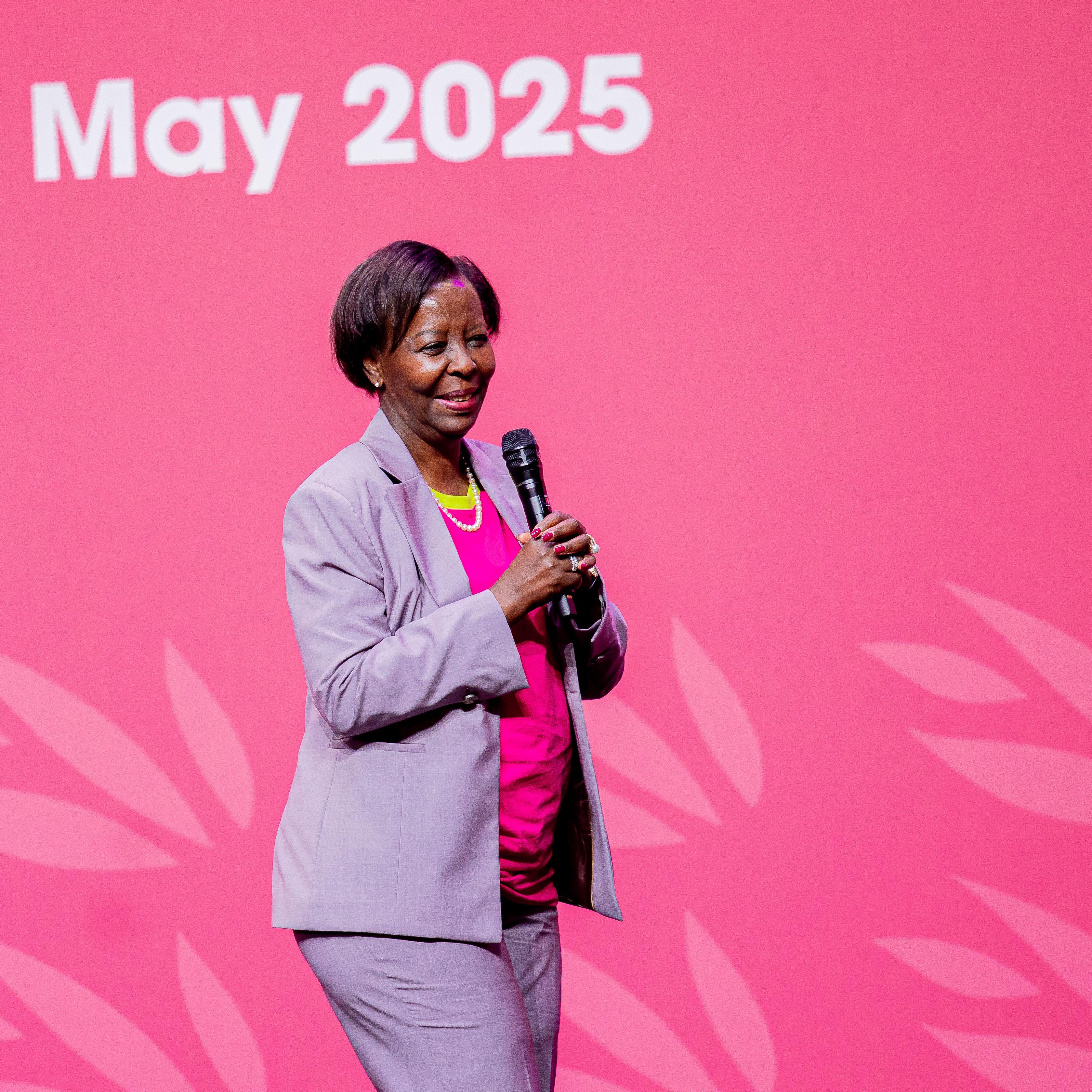At RP Musanze, two students are using artificial intelligence to tackle a common problem in academia—plagiarism. Their new system doesn’t just detect copied work; it protects student projects and encourages original thinking.
For many students approaching graduation, the temptation to reuse or copy finished projects can be strong. Instead of developing fresh ideas, some opt for the easy route—plagiarizing someone else’s work. This undermines not only academic integrity but also the quality of education overall.
As Ndikubwimana Eric, one of the developers, puts it, “Laziness pushes some students to lift completed projects instead of thinking critically and contributing something new.”
Ndikubwimana and his teammate Niyogushimwa Nathanael have built an “Anti-Plagiarism System for Academic Research Projects” using artificial intelligence. The system stores completed research work and can detect whether a submitted idea is original or copied.
“We made it simple,” Ndikubwimana says. “You can search previous projects and immediately see whether your idea is already taken or if it’s safe to continue developing it.”
The system was piloted at RP Musanze and has proven effective for both students and instructors. Now, the creators want to scale it to other schools across Rwanda.
Beyond just detecting plagiarism, the system acts as a digital safe for original ideas. If a student’s work is ever stolen, the platform can be used to prove ownership—giving students a powerful tool to defend their intellectual property.
“Anyone can use it to protect their work. It adds a layer of security and fairness in the academic process.”
Ndikubwimana has a strong message for fellow young Rwandans, “Some people think technology and innovation are only for developed countries. But we, Rwandan youth, are just as capable.”
He believes Rwanda is well-positioned in terms of digital development—and that if more young people tap into the power of tech, the country’s economy will grow even faster.
The students hope to make the platform available nationwide and inspire others to build tools that solve real problems. Their work is a reminder that innovation doesn’t have to wait for graduation—or funding. Sometimes, all it takes is a good idea and the courage to build it.

